Home>Garden Essentials>How Long For Herb Seeds To Sprout
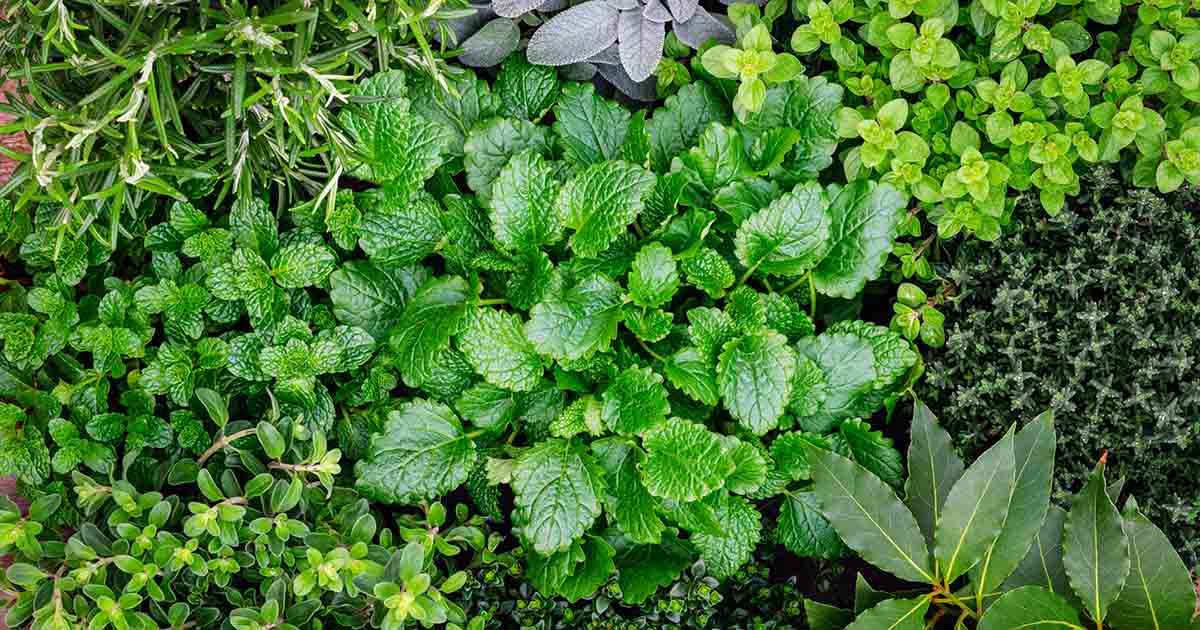

Garden Essentials
How Long For Herb Seeds To Sprout
Modified: October 20, 2024
Discover how long it takes for garden herb seeds to sprout and grow. Get expert tips and advice for successful gardening.
(Many of the links in this article redirect to a specific reviewed product. Your purchase of these products through affiliate links helps to generate commission for Storables.com, at no extra cost. Learn more)
Introduction
Gardening enthusiasts and herb lovers often find joy in starting their gardens from seeds. Planting herb seeds allows you to experience the satisfaction of nurturing a plant from its very beginnings and enjoying the flavors and aromas of fresh herbs in your own home or outdoor space. However, a common question that arises when starting a garden from seeds is: how long does it take for herb seeds to sprout?
While the germination time of herb seeds varies depending on the specific type of herb, there are several factors that can affect the germination process. This article will explore the factors affecting seed germination, highlight the germination times of common herb seeds, provide tips for promoting seed germination, and troubleshoot any issues you may encounter.
If you’re eager to get started and want to know how long it will take for your herb seeds to sprout, read on to discover the fascinating world of seed germination.
Key Takeaways:
- Herb seeds can take 5-21 days to sprout, depending on the type. Factors like temperature, moisture, light, soil quality, and seed age affect germination. Patience and care are key!
- Troubleshoot slow germination by ensuring proper moisture, temperature, seed quality, and soil contact. Addressing these factors can help improve herb seed sprouting rates.
Read more: How Long For Seeds To Sprout
Factors Affecting Seed Germination
Seed germination is a complex process influenced by various factors. Understanding these factors can help you create the ideal conditions for successful germination. Here are some key factors that can affect the germination of herb seeds:
- Temperature: The temperature plays a crucial role in seed germination. Each herb has an optimal temperature range for germination. Generally, most herb seeds germinate best in temperatures between 65-75°F (18-24°C). However, some herbs like basil prefer warmer temperatures around 70-85°F (21-29°C), while others like mint may prefer cooler temperatures between 60-70°F (15-21°C).
- Moisture: Adequate moisture is essential for seed germination. Seeds need to absorb water to initiate the germination process. However, excessive moisture or waterlogged conditions can lead to rotting or fungal diseases. It’s important to strike a balance and ensure the soil or growing medium remains consistently moist but not saturated.
- Light: Light requirements for germination vary among herb seeds. Some herb seeds, like lettuce or parsley, require exposure to light to trigger germination. These seeds should be lightly pressed into the soil surface without being covered. On the other hand, certain herbs, such as dill or cilantro, prefer darkness and should be covered with a thin layer of soil.
- Soil Quality: The quality of the soil or growing medium can significantly impact seed germination. It’s important to provide well-draining soil that retains moisture without becoming waterlogged. Loose, fertile soil enriched with organic matter creates a favorable environment for seeds to sprout and establish strong root systems.
- Seed Age and Viability: The age and viability of the seeds also affect germination. Fresh seeds, usually obtained from reputable suppliers or harvested from healthy plants, have higher germination rates compared to old or improperly stored seeds. It’s always a good idea to check the expiration date or perform a simple germination test before sowing older seeds.
- Dormancy: Some herb seeds have natural dormancy mechanisms that prevent immediate germination. They may require specific conditions, such as cold stratification or soaking, to break this dormancy and stimulate germination. Research the specific requirements of each herb seed to ensure successful germination.
By taking these factors into account and providing the optimal conditions, you can increase the chances of successful seed germination and enjoy a thriving herb garden.
Common Herb Seeds and Their Germination Times
When it comes to herb seeds, different varieties have varying germination times. Some herb seeds are quick to sprout, while others may take a bit longer. Here are some common herb seeds along with their approximate germination times:
- Basil: Basil is a popular herb known for its vibrant flavor and aroma. It typically takes 5-10 days for basil seeds to germinate. Providing warm temperatures and moist soil can help speed up the process.
- Parsley: Parsley seeds can take a bit longer to germinate compared to other herbs. On average, parsley seeds will germinate in 14-21 days. Soaking the seeds in warm water overnight prior to sowing can help improve germination rates.
- Mint: Mint seeds, including peppermint and spearmint, usually have a germination time of 5-10 days. These herbs thrive in moist soil with partial shade, making them a great addition to your garden or container.
- Cilantro: Cilantro, also known as coriander, has a germination time of about 7-14 days. It prefers cooler temperatures, so sowing in early spring or fall can yield better results.
- Thyme: Thyme seeds typically take around 10-14 days to germinate. They appreciate well-draining soil and full sunlight. Once established, thyme is a perennial herb that adds wonderful flavor to various dishes.
- Dill: Dill seeds germinate within 7-10 days. Offering them full sun and well-drained soil will help them thrive. Dill is not only a culinary herb but also attracts beneficial insects to your garden.
Remember that these germination times are approximate and can fluctuate based on environmental conditions and the quality of the seeds. Patience is key when waiting for your herb seeds to sprout.
Now that you have an idea of the germination times for common herb seeds, you can plan and monitor your garden accordingly. Keep in mind that some herbs, like basil and cilantro, can be directly sown in the garden, while others, like parsley and mint, may benefit from starting indoors and then transplanting once the weather warms up. Happy planting!
Most herb seeds will sprout within 7-21 days when planted in well-draining soil and kept in a warm, sunny location. Keep the soil consistently moist but not waterlogged to encourage germination.
Tips for Promoting Seed Germination
The germination process can sometimes be unpredictable, but there are several steps you can take to increase the likelihood of successful seed germination. Here are some useful tips to promote seed germination:
- Pre-soak seeds: Some herb seeds benefit from pre-soaking before planting. Soaking seeds in warm water for a few hours or overnight can soften the seed coat and encourage quicker germination. This technique is particularly helpful for seeds with hard shells like basil, parsley, or dill.
- Provide optimal conditions: Creating the ideal environment for germination is crucial. Ensure that the temperature, moisture, and light conditions are appropriate for the specific herb seeds you are planting. Refer to the seed packet or do some research to determine the best conditions for each herb.
- Use high-quality soil: Using a well-draining and nutrient-rich soil mix specifically formulated for seed starting can greatly enhance germination rates. Avoid compacted or heavy soils, as they can hinder root development and airflow around the seeds.
- Sow seeds at the right depth: Each herb seed has its preferred sowing depth. As a general rule of thumb, plant seeds at a depth that is two to three times their size. If the seeds are planted too deeply, they may struggle to emerge, while planting too shallowly may expose them to drying out.
- Provide consistent moisture: Moisture is essential for seed germination. Keep the soil consistently moist, but not waterlogged, during the germination process. Use a watering can with a fine rose attachment or mist the surface with a spray bottle to prevent displacing seeds or creating overly wet conditions.
- Create a mini-greenhouse: To create a warm and humid environment for germination, cover the planted seeds with plastic wrap or use a seed tray with a clear plastic lid. This helps to retain moisture and heat while allowing light to penetrate. Once the seeds germinate, remove the covering to allow for proper airflow.
- Label and organize: Keeping track of the sown seeds is essential, especially if you are planting different herb varieties. Label each row or container with the herb name and date of planting to avoid confusion. This will also help you monitor the germination progress and identify any issues that may arise.
- Be patient and attentive: Although it can be tempting to constantly check on your seeds, avoid disturbing the soil unnecessarily. Allow the seeds to germinate on their own time. However, keep an eye out for signs of germination, such as seedlings breaking through the soil surface, and make any necessary adjustments to the growing conditions.
By following these tips, you can increase the chances of successful seed germination and set your herb garden off to a strong start. Remember, gardening is a learning process, so don’t be discouraged if you encounter some challenges along the way. With time and experience, you’ll become more adept at nurturing your seeds into thriving herb plants.
Troubleshooting Slow Germination
Slow germination can be frustrating, especially when you’re eagerly waiting for your herb seeds to sprout. However, it’s important to remember that germination can be influenced by various factors. Here are some common issues that may cause slow germination and tips to troubleshoot them:
- Inadequate moisture: If the soil is too dry, seeds may struggle to absorb water properly and initiate germination. Ensure that the soil remains consistently moist but not waterlogged. Mist the soil surface with water whenever it starts to dry out and cover the seeds with plastic wrap or a humidity dome to retain moisture.
- Incorrect temperature: Temperature plays a crucial role in seed germination. If the temperature is too low or too high for the specific herb seeds you’re planting, it can slow down or inhibit germination. Make sure to provide the optimal temperature range for your herbs and consider using a heating mat or adjusting the placement of your seeds to a warmer or cooler area, if necessary.
- Old or low-quality seeds: Seeds lose viability over time, and using old or improperly stored seeds may result in poor germination rates. Always check the expiration date on seed packets and purchase seeds from reputable suppliers. If you suspect that your seeds are old, perform a simple germination test before sowing to determine their viability.
- Poor seed-to-soil contact: Seeds need good contact with the soil to absorb moisture and initiate germination. If the seeds are not properly planted at the correct depth or pressing them firmly into the soil, they may struggle to sprout. Ensure that you sow the seeds at the recommended depth and gently firm the soil after planting for optimal seed-to-soil contact.
- Seed dormancy: Some herb seeds have natural dormancy mechanisms that require specific conditions to break. If your seeds have been in cold storage or require scarification or stratification, follow the recommended pre-treatment methods outlined for that particular herb. Providing the necessary conditions can help overcome seed dormancy and promote germination.
- Insufficient light: While some herb seeds require light for germination, others may benefit from darkness. Ensure that you are providing the correct lighting conditions for the herbs you are growing. If you’re starting seeds indoors, place them in a well-lit area or use grow lights to provide sufficient light intensity.
- Pest or disease issues: Occasionally, slow germination can be caused by pests or diseases in the soil. Check for signs of pests, such as gnats or fungal growth, and take appropriate measures to control them. Using sterile potting mix or soil-less seed-starting medium can help minimize the risk of soil-borne diseases.
By identifying and addressing these common issues, you can troubleshoot slow germination and increase the chances of successful seed sprouting. Remember to be patient and adjust any unfavorable conditions to provide the optimal environment for your herb seeds to thrive.
Read more: How Long For Parsley Seeds To Sprout
Conclusion
Starting an herb garden from seeds can be a rewarding and fulfilling experience. Understanding the factors that affect seed germination and implementing effective strategies can greatly increase the success of your seed-sowing endeavors. By considering temperature, moisture, light, soil quality, seed age, and dormancy requirements, you can provide the ideal conditions for your herb seeds to sprout and thrive.
Knowing the approximate germination times of common herb seeds allows you to plan and monitor your garden more effectively. Whether it’s the quick germination of basil or the slightly longer wait for parsley, each herb has its own characteristics and requirements. Patience and attentiveness are key during the germination process, along with providing consistent moisture and appropriate environmental conditions.
If you encounter slow germination, troubleshoot the issues by ensuring adequate moisture, correct temperature, using high-quality seeds and soil, maintaining good seed-to-soil contact, breaking seed dormancy if necessary, providing the right amount of light, and addressing any pest or disease problems that may hinder germination. By addressing these factors and making adjustments as needed, you can help stimulate the germination process and improve seed sprouting rates.
Remember, gardening is a continuous learning process, and not every seed may germinate successfully. However, with time, experience, and patience, you’ll gain a deeper understanding of the germination process and become more skilled at nurturing your herb seeds into thriving plants.
So go ahead and embark on your herb-growing adventure. Experience the joy of watching tiny seeds transform into vibrant and flavorful herbs that can enhance your culinary creations and add beauty to your garden or living space. Happy germinating!
Frequently Asked Questions about How Long For Herb Seeds To Sprout
Was this page helpful?
At Storables.com, we guarantee accurate and reliable information. Our content, validated by Expert Board Contributors, is crafted following stringent Editorial Policies. We're committed to providing you with well-researched, expert-backed insights for all your informational needs.
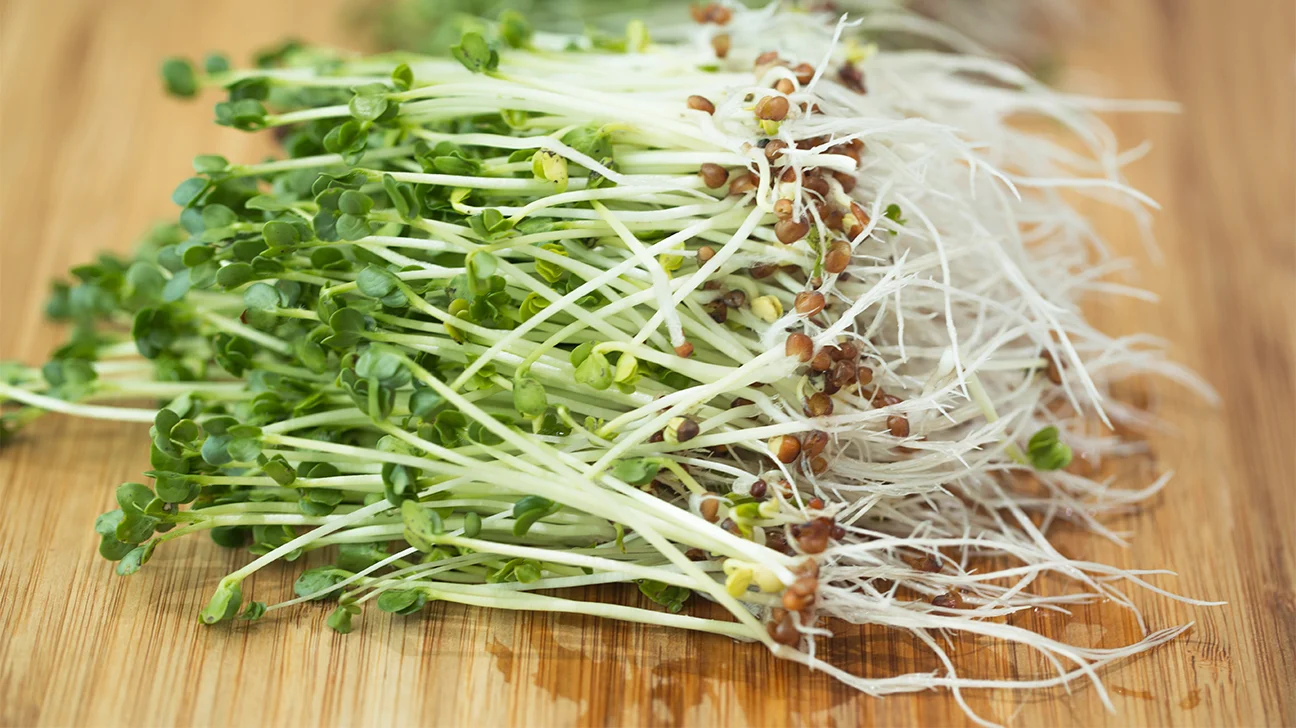
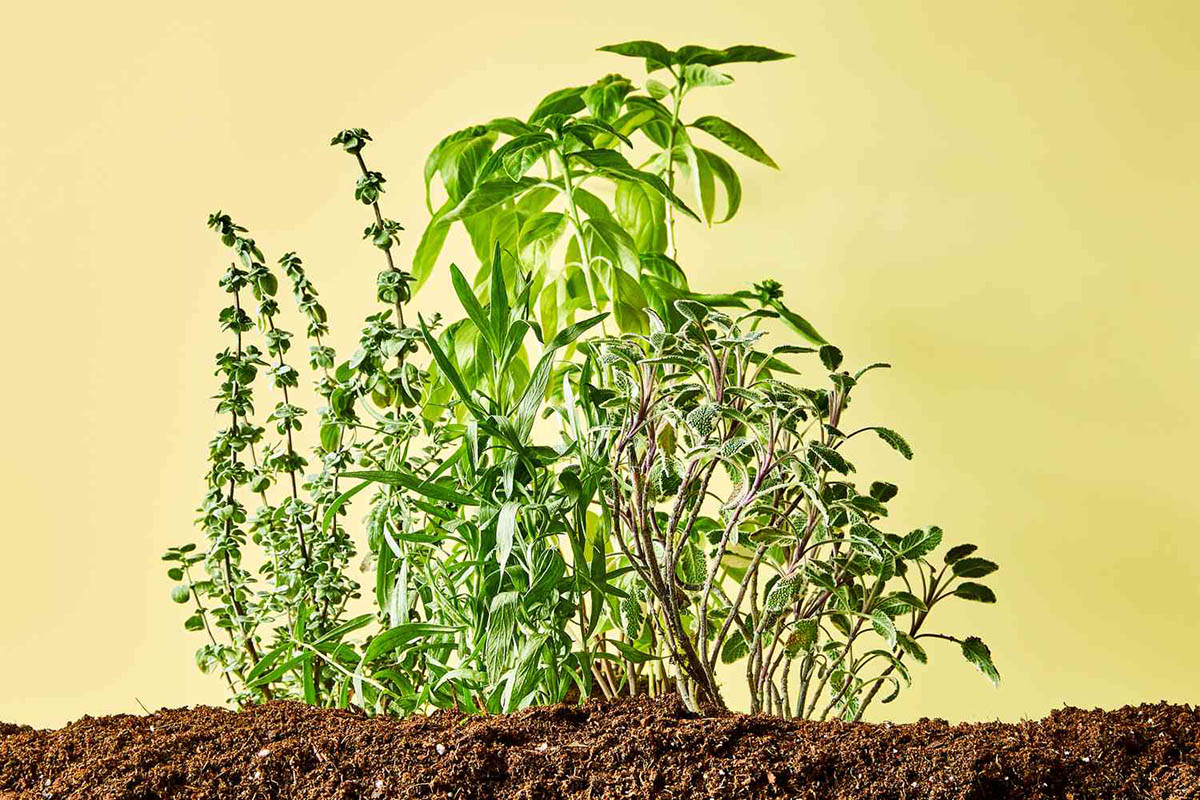
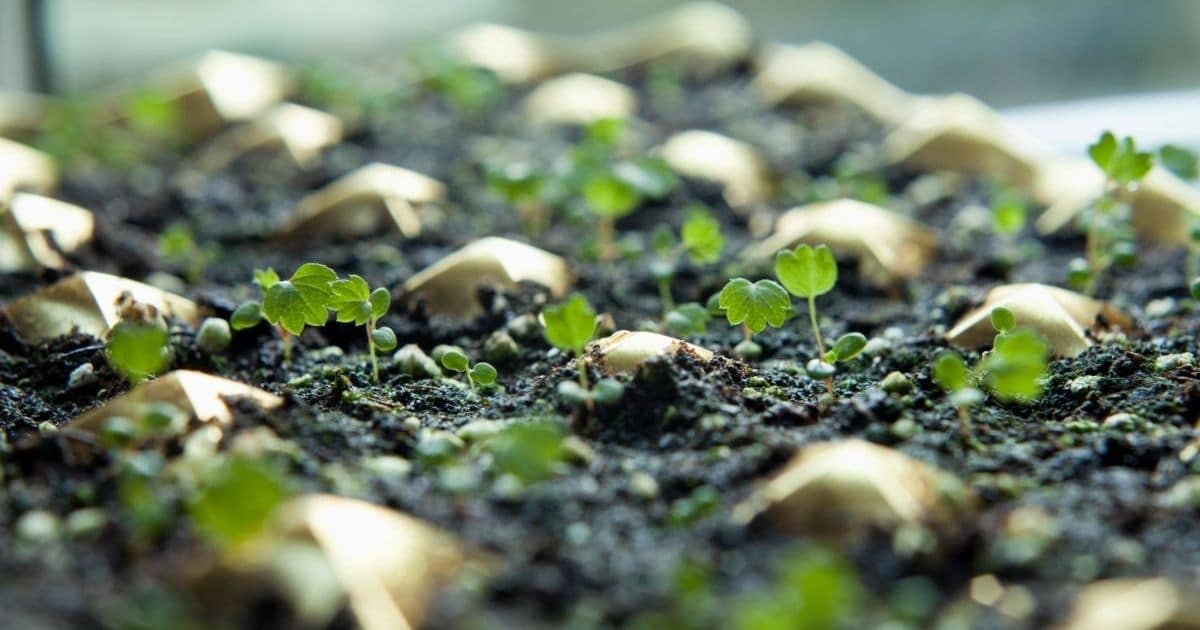
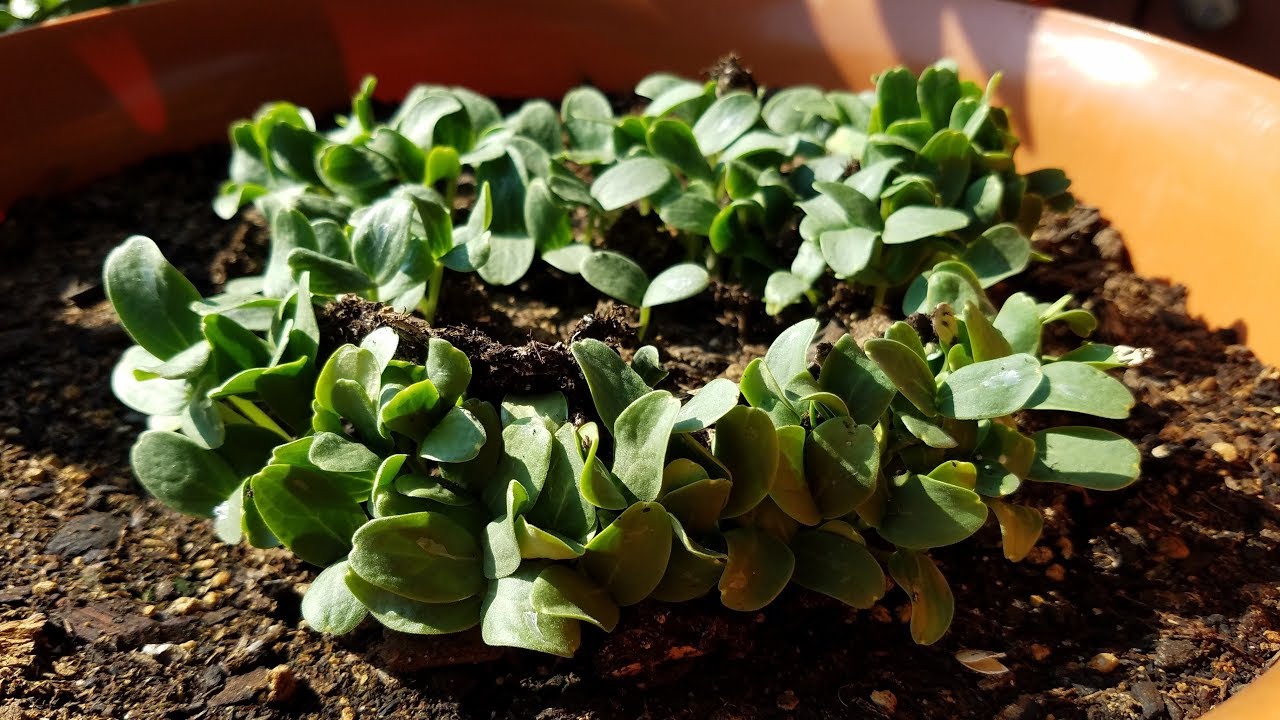
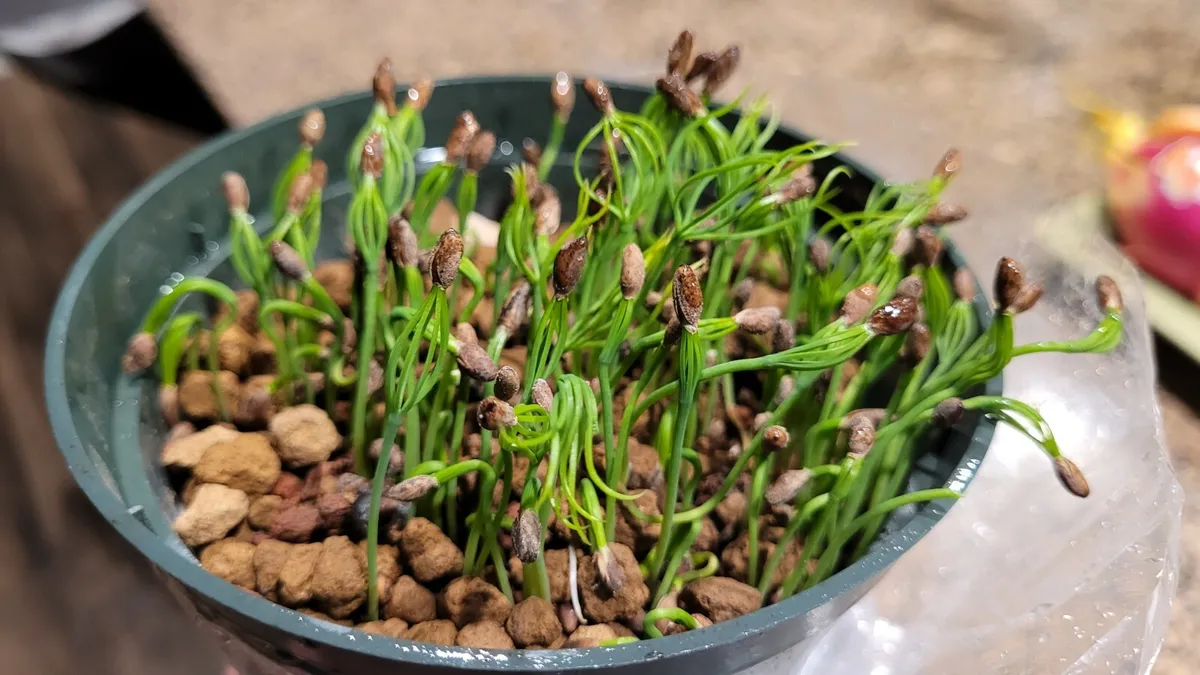
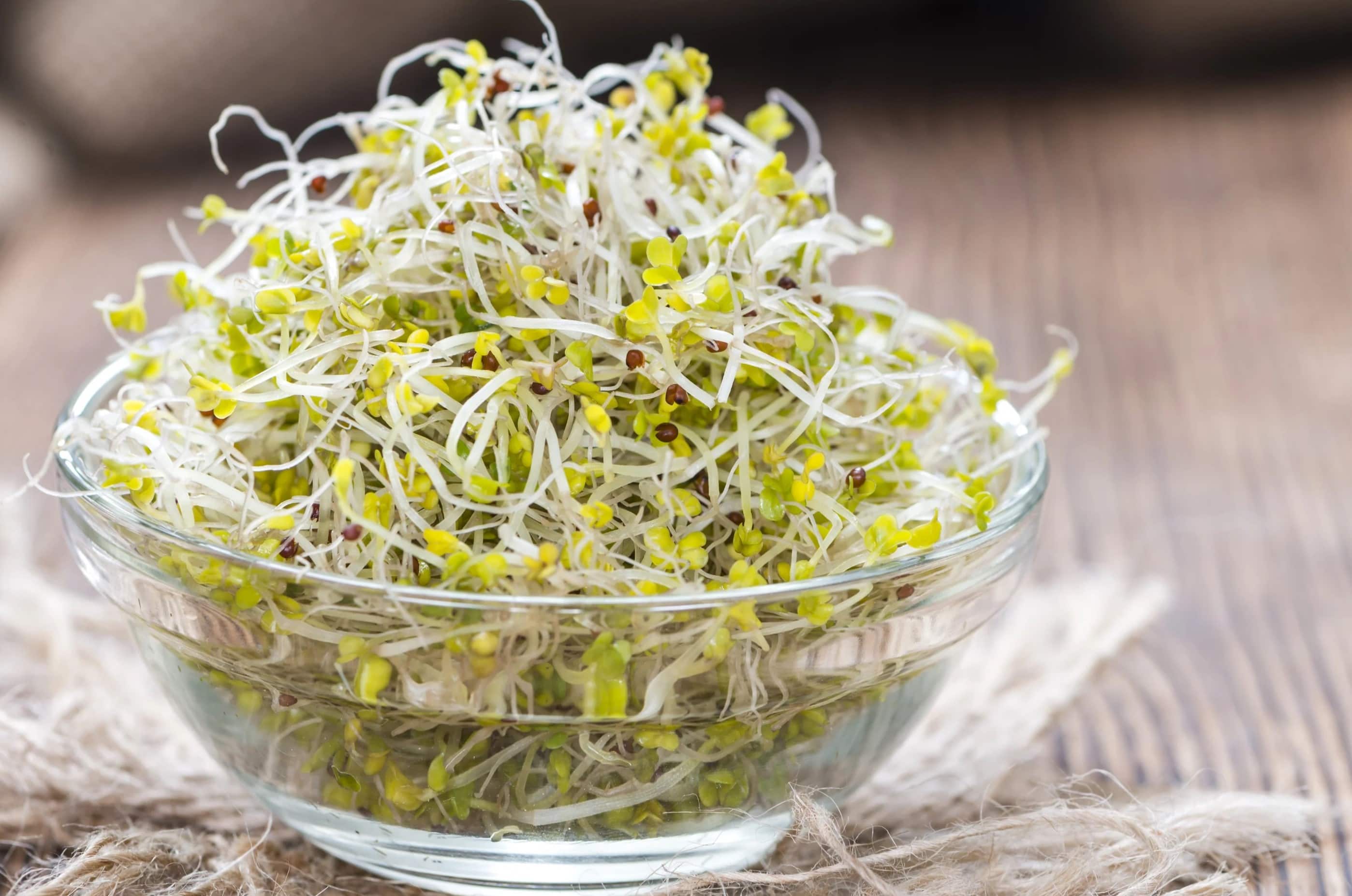
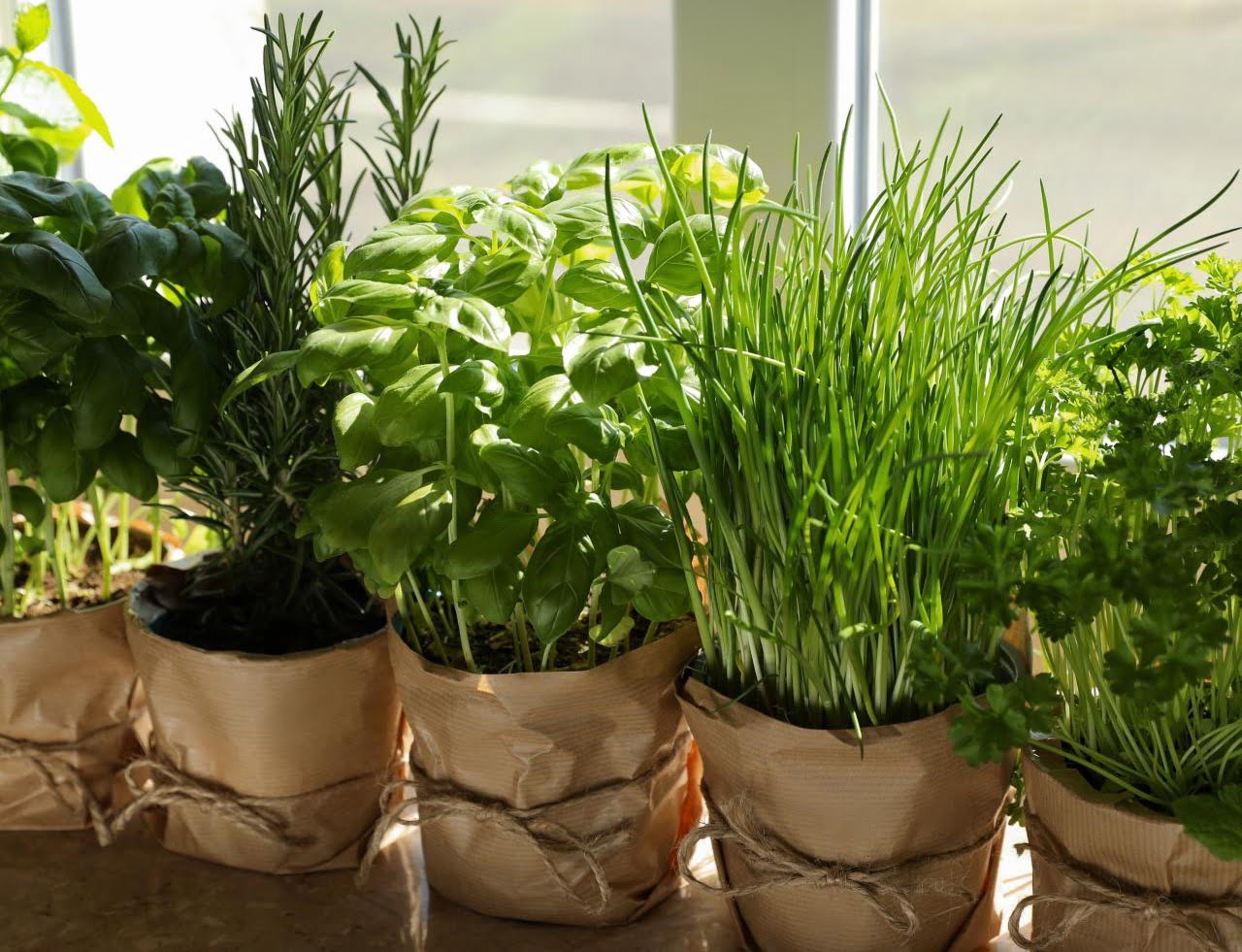
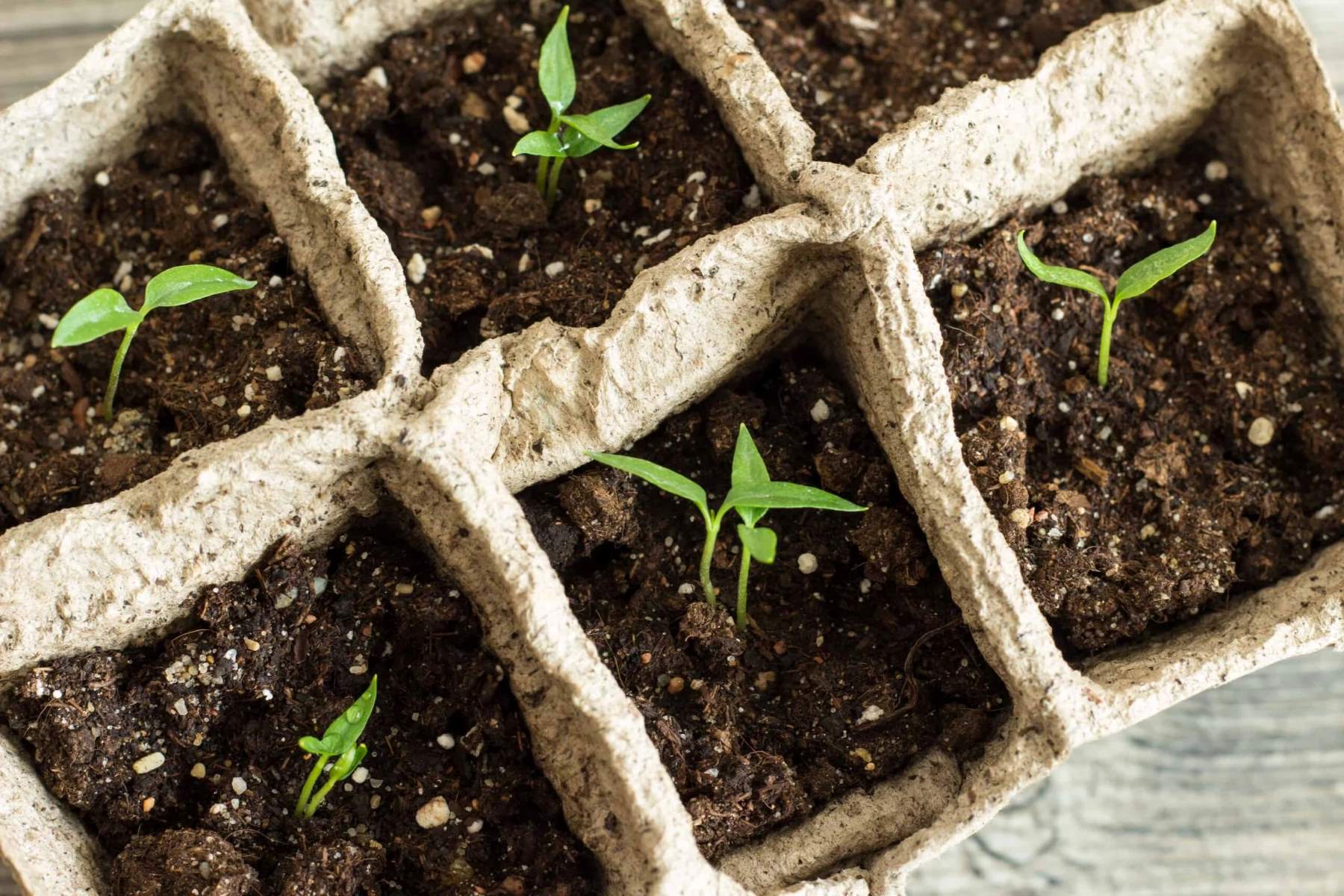
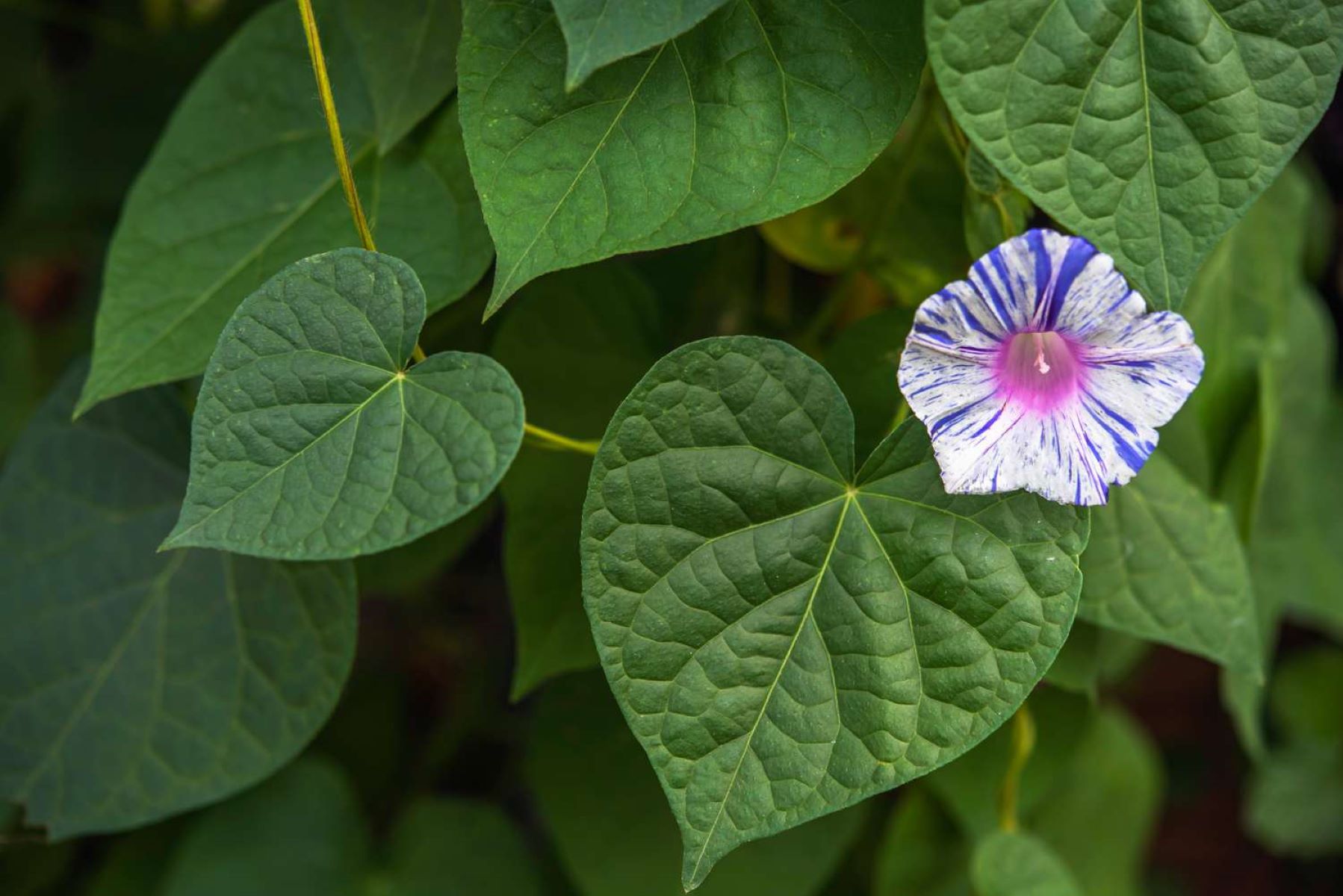
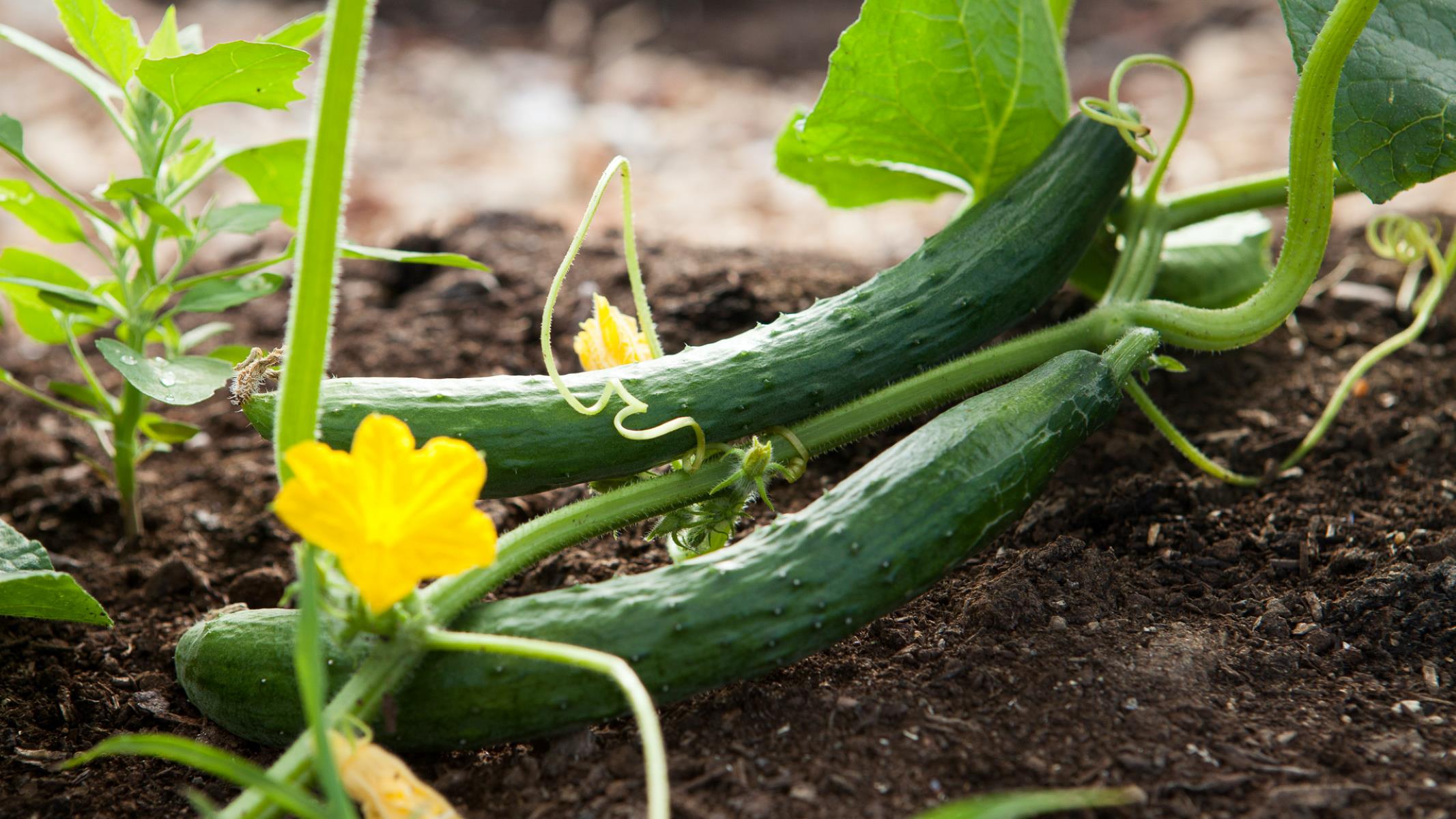
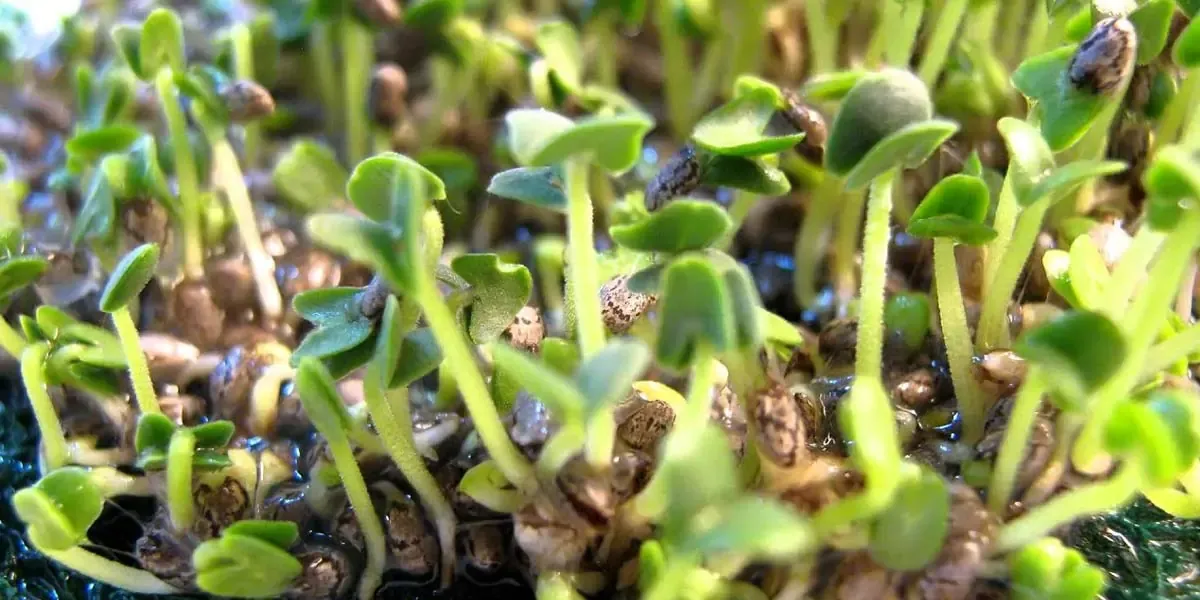
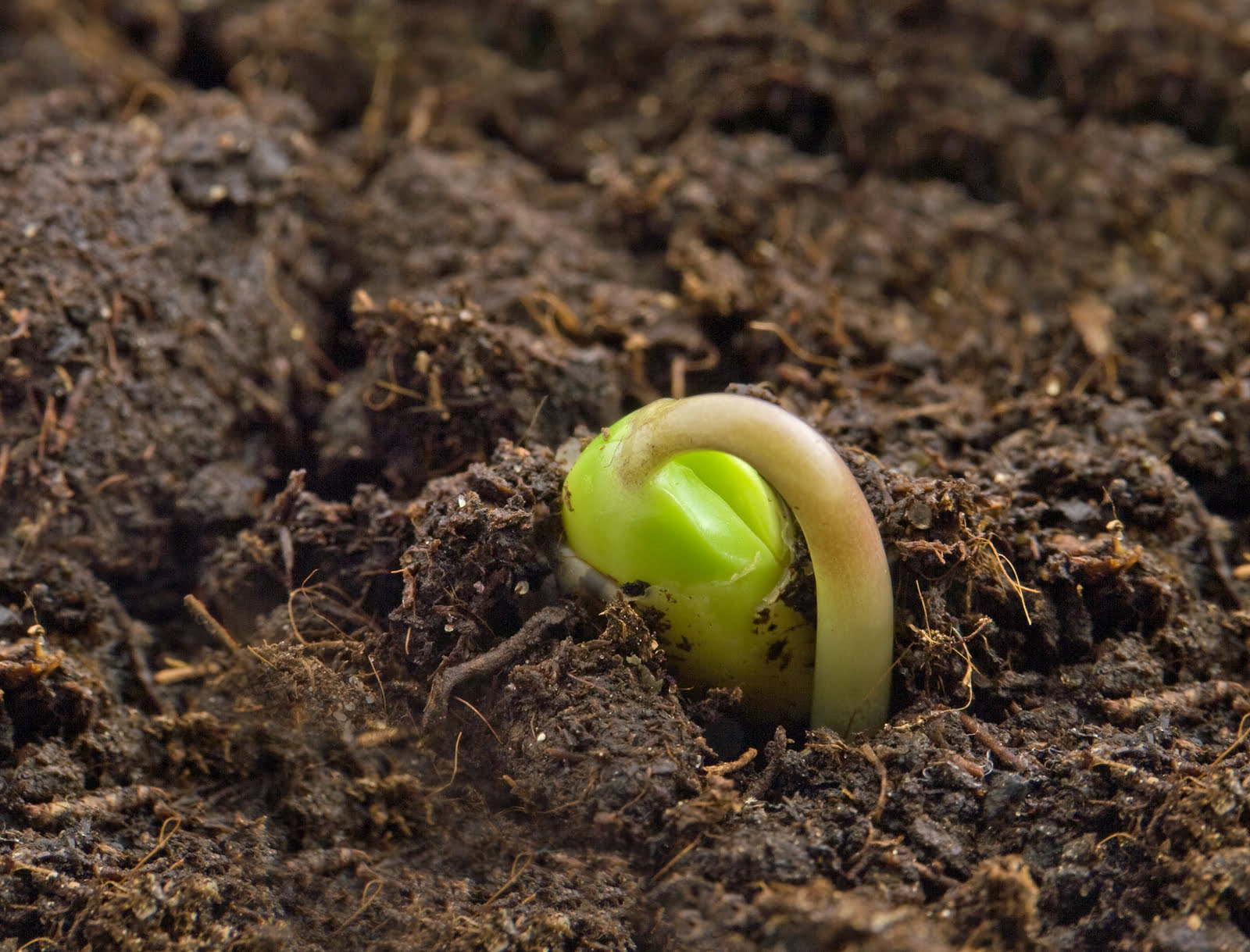
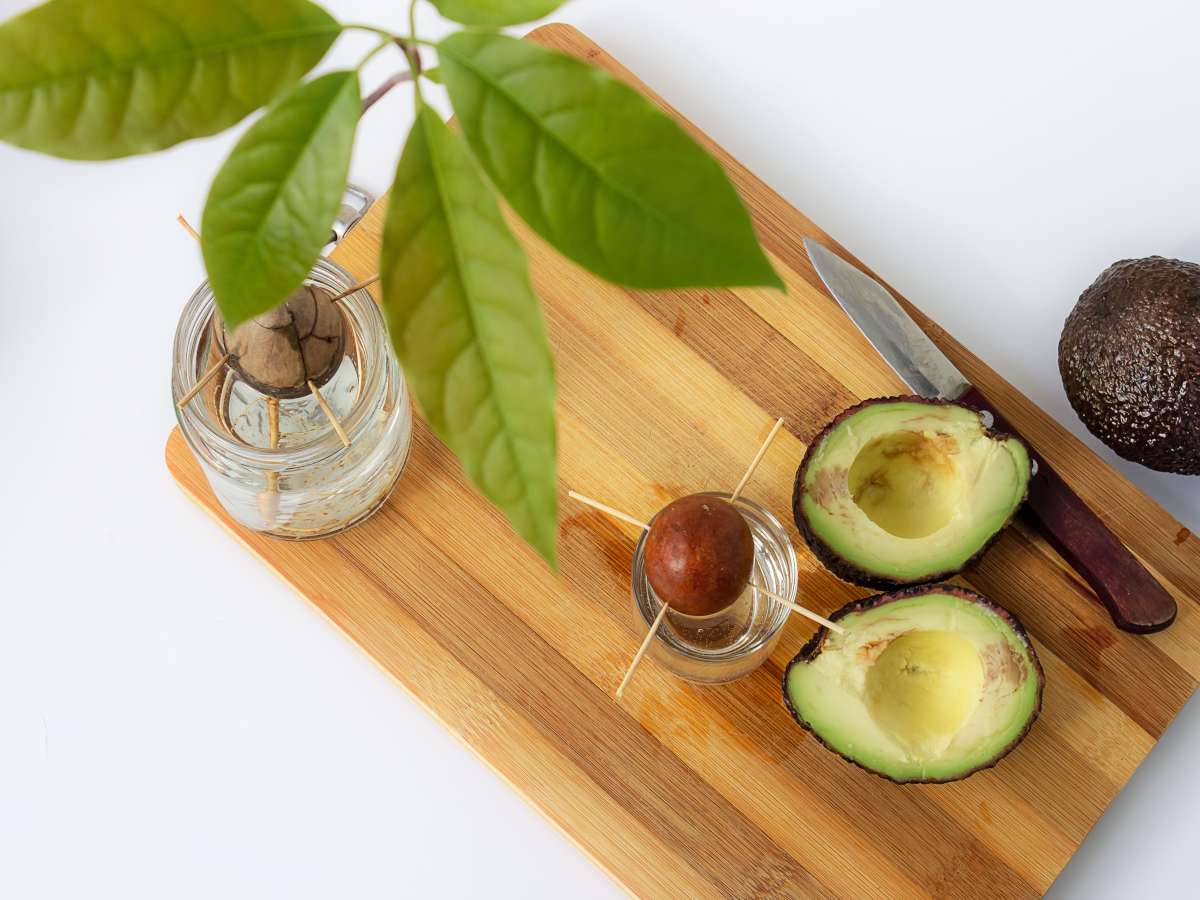
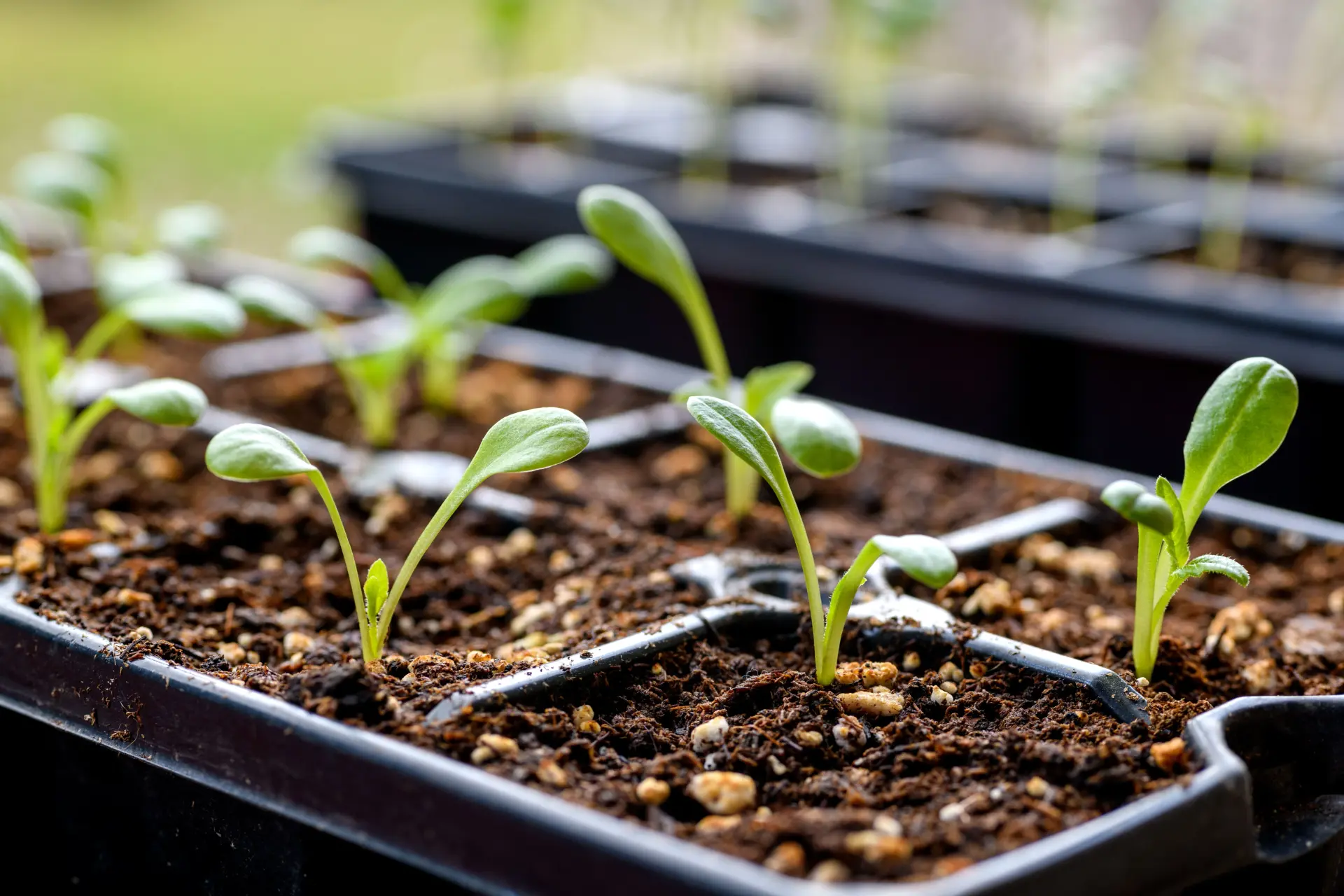

0 thoughts on “How Long For Herb Seeds To Sprout”